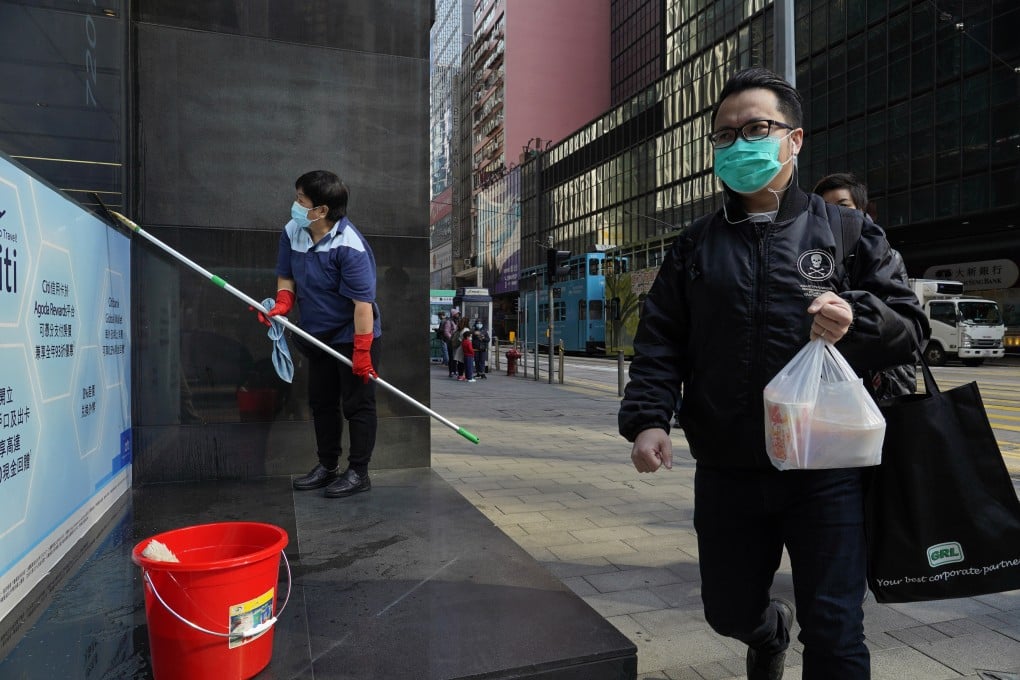Concrete Analysis | Lessons from Sars: How will the real estate change and respond to the Covid-19 outbreak
- Hong Kong’s office and retail sectors are unlikely to reverse their slump soon, while demand for office in mainland China could rebound
- The outbreak will lead to increased application of technology in real estate to enhance work safety, such as robotics, IoTs and health care facilities

The Covid-19 outbreak has been dominating headlines for weeks now. While we, as individuals and businesses, remained focused on the health and well-being of our families, friends and environment, the outbreak has clear near-to-medium term implications for the real estate community.
A key observation is the short-lived but considerable economic impact it levied on mainland China and Hong Kong. Invariably, economic activity took a hard hit in the second quarter of 2003. Yet, the Chinese and Hong Kong economies promptly embarked on the pre-Sars growth trajectory in the third quarter as soon as the outbreak was contained.
This highlights the potential of a sharp economic recovery as soon as the current outbreak is contained in the relatively near future, notwithstanding the much more robust outbreak control measures.

Increased headwinds on commercial real estate: Economic and political uncertainty have been presenting headwinds. Office rents began to fall and were forecast to persist in some key markets before the outbreak. The current situation adds to risk as businesses delay real estate decisions and enhance emphasis on managing costs and business continuity plans.
